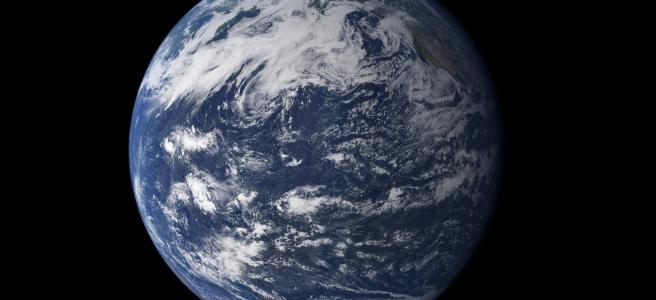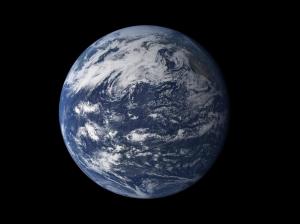
A sentence in The Silence of the Lambs has always stuck with me. Playing a cat and mouse game with young Clarice Starling, Dr. Hannibal Lecter, in his burgeoning respect for the young FBI agent, slips in a clue to the identity of “Buffalo Bill” by saying, “We begin by coveting what we see every day.”
In other words, what we know, what we’ve experienced, is our “normal.” Every child knows only one childhood, and while the grass is always greener at your friend’s house (because you don’t see their life behind closed doors), we only know our life as “normal.” We are all “middle class” in that respect. In the simplistic world of childhood, we understood that there were kids who had it better than we did and kids who had it worse. We, regardless of who we were, were in the middle. Normal.
In genuine Monty Python “Four Yorkshiremen” tradition, I now look at children today and lament the ease with which they can communicate (email/cell phones), their easy access to information (the internet), the societal shifts in the Overton window concerning LGBTQ+, race relations, and other socioeconomic changes they now see as “normal.” However, I also cringe that my generation didn’t fix enough of the outstanding issues plaguing the America of my youth (and compounded the incomplete list by adding so many more complicated problems). If the goal of every generation is to leave the world better than we found it, we have failed. We are leaving behind a world that may not be inhabitable because of climate change. “Here, kids! Apply this SPF 1,000,000 suntan lotion before going outside, and don’t forget your space suit when walking to the bus stop.”
And it goes far beyond climate change, as catastrophic as that is. Children today see cheating (from Trump on down) as the way to get ahead. And that’s because there are no consequences for bad behavior—quite the contrary. We reward bad behavior with advancement and success (unless you lose to someone less moral than you). Drive 100 mph? No problem. Police are only on tv and in movies. Cheat on your wife? No problem. It must have been her fault. Lie at work? No problem. Blame someone else. There are no negative consequences for bad behavior, only the promise of advancement over those suckers following the rules. And that’s the flipside. Those who are moral and adhere to societal rules are “sheep” destined to be led to slaughter by those not afraid to wield the knife. So, not only are there no negative consequences for bad behavior, but there are negative consequences for good behavior. Think about that.
And don’t come at me with, “It’s because of the lack of God in the classroom.” Evangelicals are the most hypocritical flock around. Already willing to accept the bible, angels, and demons as real (while ignoring Trump’s egregious mendacities, viciousness, and megalomaniacal march toward dictatorship), their unfailing support for him is genuinely disgusting and devoid of logic. Fiction is real and facts irrelevant—Trump’s army of pretzel-twisted moralists.
The “Lost Generation” was so named because so many born between 1883 and 1900 had their youth and young adulthood stolen by World War I and death, and survivors were disenfranchised wanderers condemned to see their children fight and die in World War II.
Our failure to address the problems we inherited, coupled with our selfishness and abdication of responsibility, have created a new Lost Generation. This is a generation born into the normalcy of school shootings, movie theater shootings, grocery store shootings, church shootings, concert shootings, club shootings, (insert setting here) shootings, open carry, concealed carry, constitutional carry, and societal harikari, racism, hatred, whataboutism, science is bad, education is worse, bullshit.
This Lost Generation will raise future generations further devoid of responsibility, racing toward an uninhabitable planet with no backup available and mass shootings so commonplace journalists will no longer cover them. “Thoughts and prayers” will be reserved for events not “baked into” American freedom and exceptionalism. There will be ever more rule-breaking, selfish predators advancing through the devoured crowd of ethical chumps still inhabiting the remnants of civilized society—shame on us. We, Generation X (1965-1980), failed in our mandate to leave the world better than we found it. And we learned it from the generation before us, the Baby Boomers (1946-1964), who taught us excess, greed, and self-centeredness as a winning formula. It was our “normal,” it was what we coveted. So, too, the generations after us, the Millennials (1981-1996) and Generation Z (1997-2012).
“We begin by coveting what we see every day.” It is our normal. And we are raising a new lost generation on a dying planet. We covet that which we know. And all we know is wrong.



